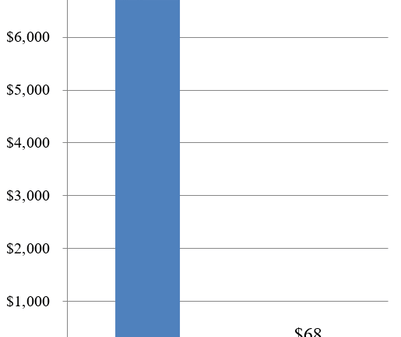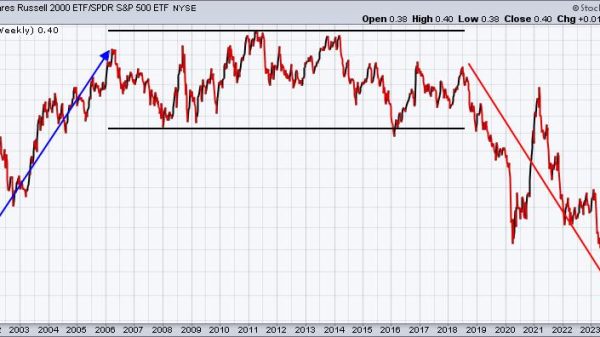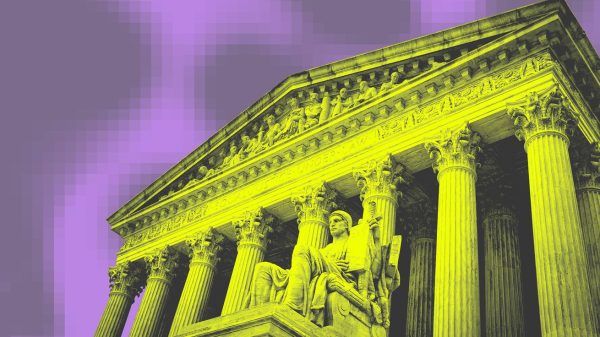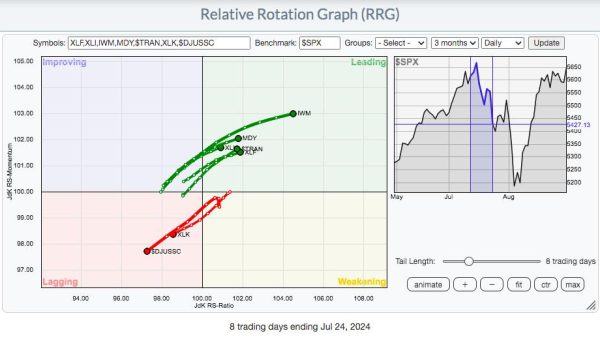Matthew Cavedon

In 2020, petitioner Steven Duarte was charged with the federal offense of possessing a firearm while a convicted felon; he had no violent crimes on his record. He was convicted after a trial and sentenced to be imprisoned for 51 months.
On appeal, a panel of the Ninth Circuit reversed Duarte’s conviction under the Second Amendment, holding that the government failed to show that permanently depriving Duarte of his fundamental rights is consistent with our nation’s history. However, at the government’s request, the Ninth Circuit vacated the panel’s decision and agreed to rehear the case en banc.
Cato joined an amicus brief filed by federal public and community defender offices asking the en banc court to hold that universal, lifetime disarmament of all people convicted of felonies is unconstitutional. The Supreme Court’s history-based test allows for only narrow, concrete, historically grounded exceptions to the Second Amendment.
Additionally, disarming all felony probationers reflects a judgment that all felonies are dangerous. That premise is belied by an aggressive, decades-long trend in American politics: overcriminalization.
Overcriminalization bears out a commonly held fear about the government’s bid for extreme deference: that instead of tethering the Second Amendment to the dangers motivating our regulatory traditions, the government would give legislatures unreviewable power to manipulate the Second Amendment by choosing a label.
Exceptions to individual rights do not move with the political winds. When it comes to individual rights, history—not legislatures—determines the existence and scope of exceptions. This means that courts may not simply assume that the Second Amendment will expand or contract to fit any crime labeled a felony. Rather, courts must confront the reality of what modern felonies look like, and compare that reality to the government’s proposed historical analogues.
Applying history’s lessons to today’s sprawling criminal codes, the court should conclude that the government has not met its burden to square universal felon disarmament with our regulatory traditions.

























